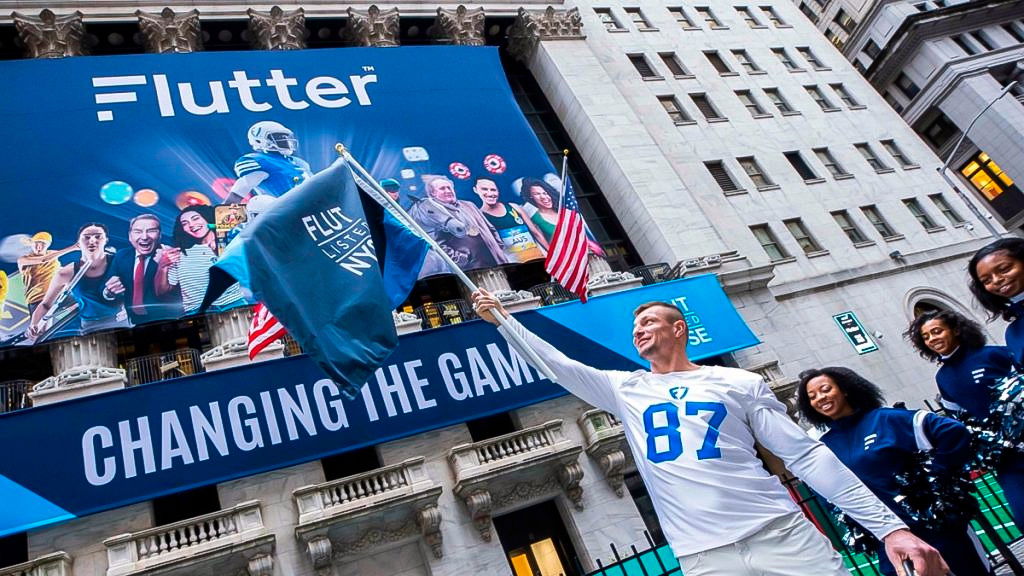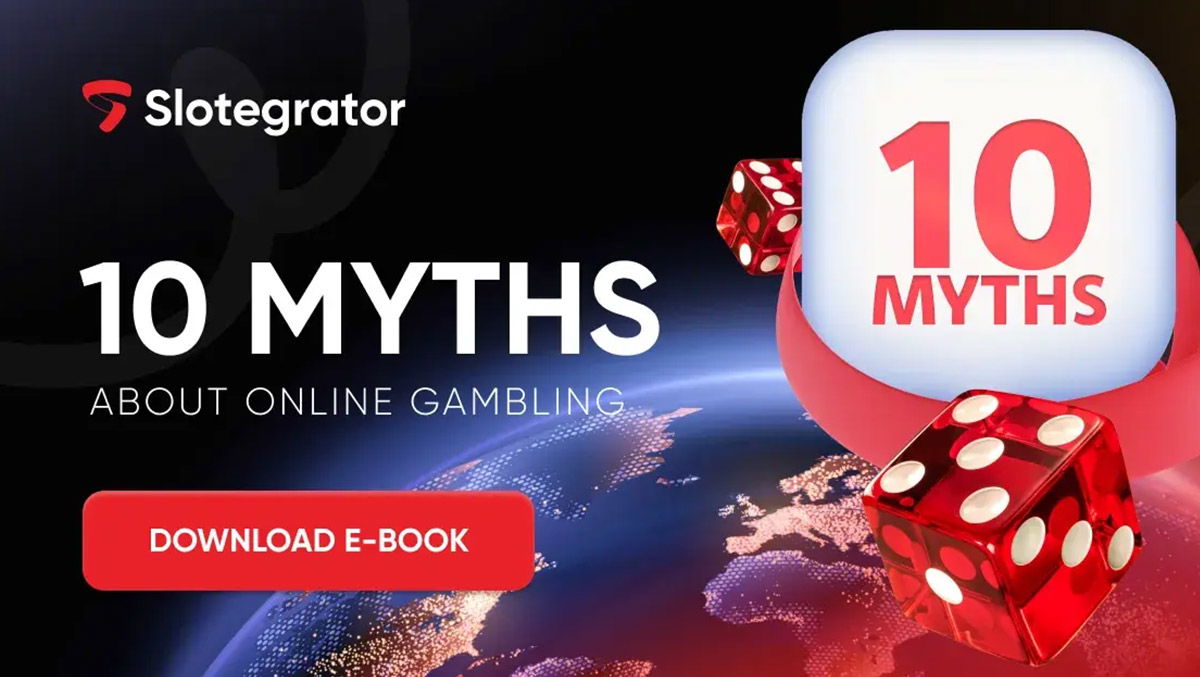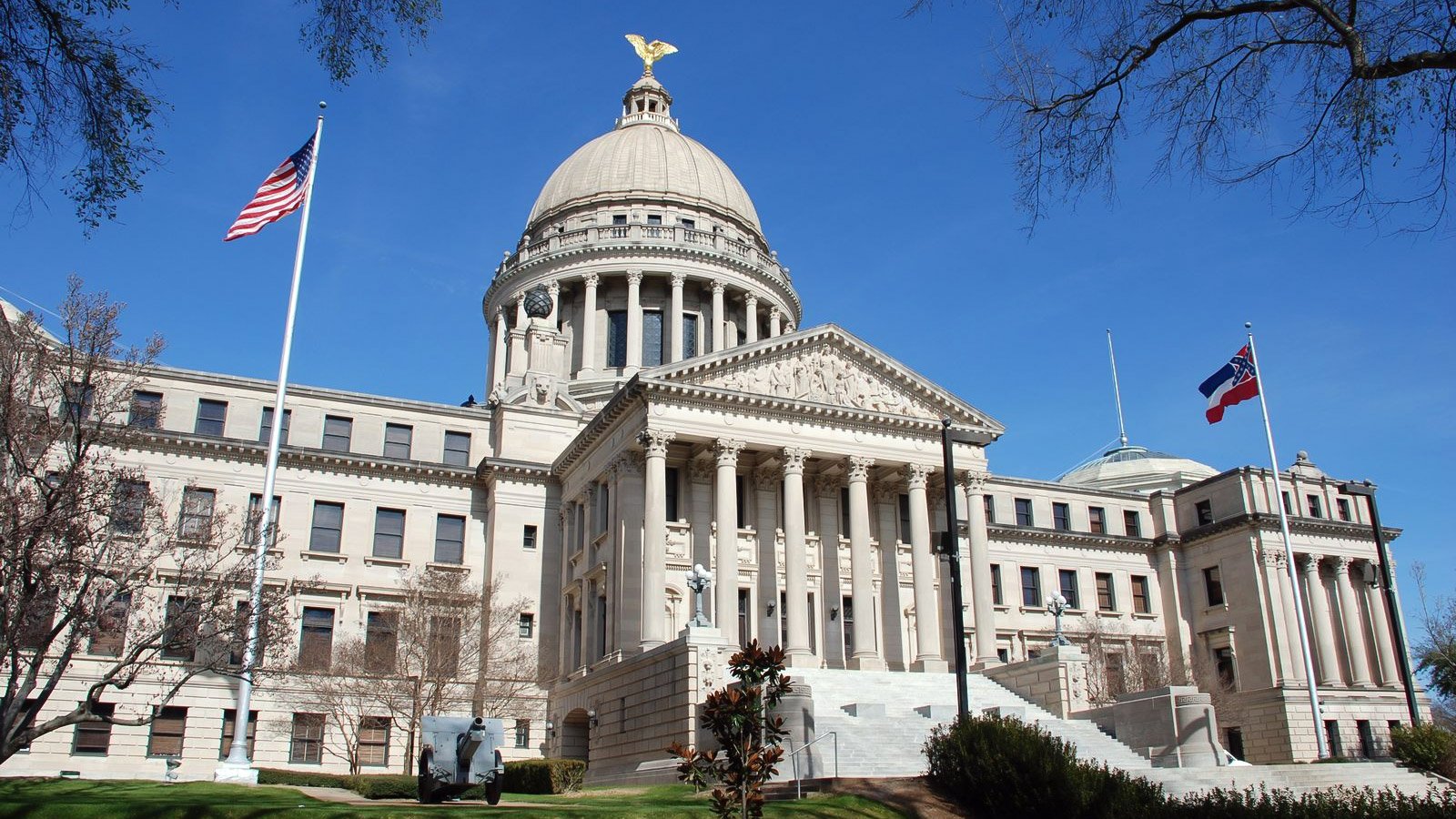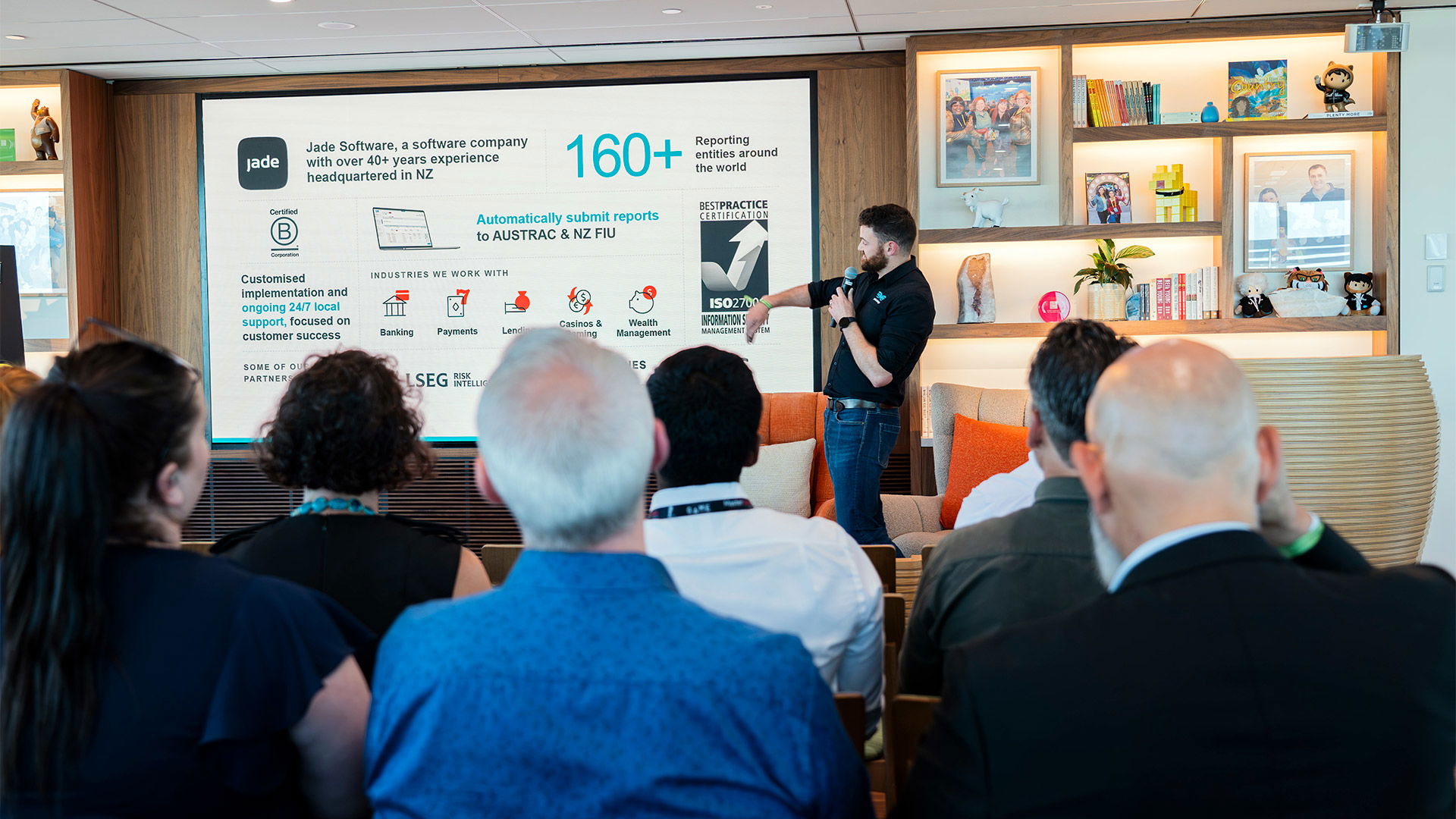California: Online operators and tribes ramp up lobbying war for sports betting legalization ahead of Nov. ballot

A war for sports betting legalization in California is set to heat up this month, with campaigning efforts commencing ahead of a ballot in November. Online sports betting operators, which have built a $100 million lobbying fund for their effort, are set to take on Native American tribes in what could be the state's most expensive political campaign ever.
Top California strategist Dana Williamson, until recently a chief political adviser to Xavier Becerra, now Joe Biden's health secretary, has been hired to spearhead the campaign on behalf of online operators, reports The Telegraph. The companies include giants DraftKings, BetMGM, FanDuel, Bally’s Interactive, Fanatics, Penn National Gaming, and WynnBET.
In the campaign, under the group "California Solutions to Homelessness and Mental Health Act," the bookmakers seek to legalize online sports wagering across California. The tax revenues generated under their proposal would be used to battle social issues, with a particular focus on homelessness.
Their proposal, which officially accumulated enough valid signatures late last month, is up against a rival ballot put forward by 61 Californian tribes entitled "California Legalize Sports Betting on American Indian Lands Initiative" that had already qualified last year. The tribal plan would allow tribal casinos and the state’s four-horse race tracks to offer in-person-only sports betting. Campaigning is set to heat up this month, ahead of a ballot in November.
California tribes have already released an advertisement voicing their disdain for the online sports betting initiative. Launched on June 28, the ad targets DraftKings CEO Jason Robins, who in a May conference with investors described the operators' proposal as "set in a very reasonable way because you can actually write the whole piece of legislation on the ballot, which is nice.”
Tribes are alleging this shows Robbins bragging to investors about financial details, without mentioning homelessness, the supposed focus of the bill. “He said a lot about profits, but not a single word about homelessness,” said the advertisement’s narrator. “Corporate online sports betting – They didn’t write it for the homeless, they wrote it for themselves.”
The advertising counts on major backing from the San Manuel Band of Mission Indians, the Rincon Band of Luiseño Indians, and Pala Casino Spa Resort. They argue the sports betting operators' initiative "has a tax rate set by the industry."
The tribal coalition for this measure has civil rights activist Dolores Huerta on its side as an advocate. “This (online) measure is a direct attack on Indian self-sufficiency that would also expose youth and the disadvantaged to the perils of online gambling,” Huerta said in a statement, separate from the advertisement.
California ranks among one of the biggest prizes if a sports gambling ban is overturned. Experts forecast around the market is worth around $ 3 billion each year, an attractive segment not only for operators but for Native American tribes, which run one of the biggest networks of casinos and bingo halls in America. An estimated $27.8 billion in gambling-related revenues was generated by them in 2020 across all of the US.
Major changes to state law are put on the public ballot in California. If the tribes match the online bookmakers’ war chest, the total spend is likely to eclipse the $226 million bill racked when Uber, Lyft, and other ride-hailing companies sought to be exempted from local labor laws.
However, two Californian tribes fell behind the support of the sports betting companies late last week. When the online sports betting coalition responded to the tribal proposal with their own advertisement, they did so with the help of two Indian tribes.
Chairman Jose "Moke" Simon of the Middletown Rancheria of Pomo Indians said in the ad: “Only one proposition supports California tribes like ours while providing hundreds of millions in yearly funding to finally address homelessness in California. Vote yes on the Solutions Act.”
America is in the middle of rolling back a decades-long ban on sports betting on a state-by-state basis, and is expected to create the biggest regulated gambling market in the world. No real outcome on the California push will be determined until both initiatives are put in front of voters in November.

















































